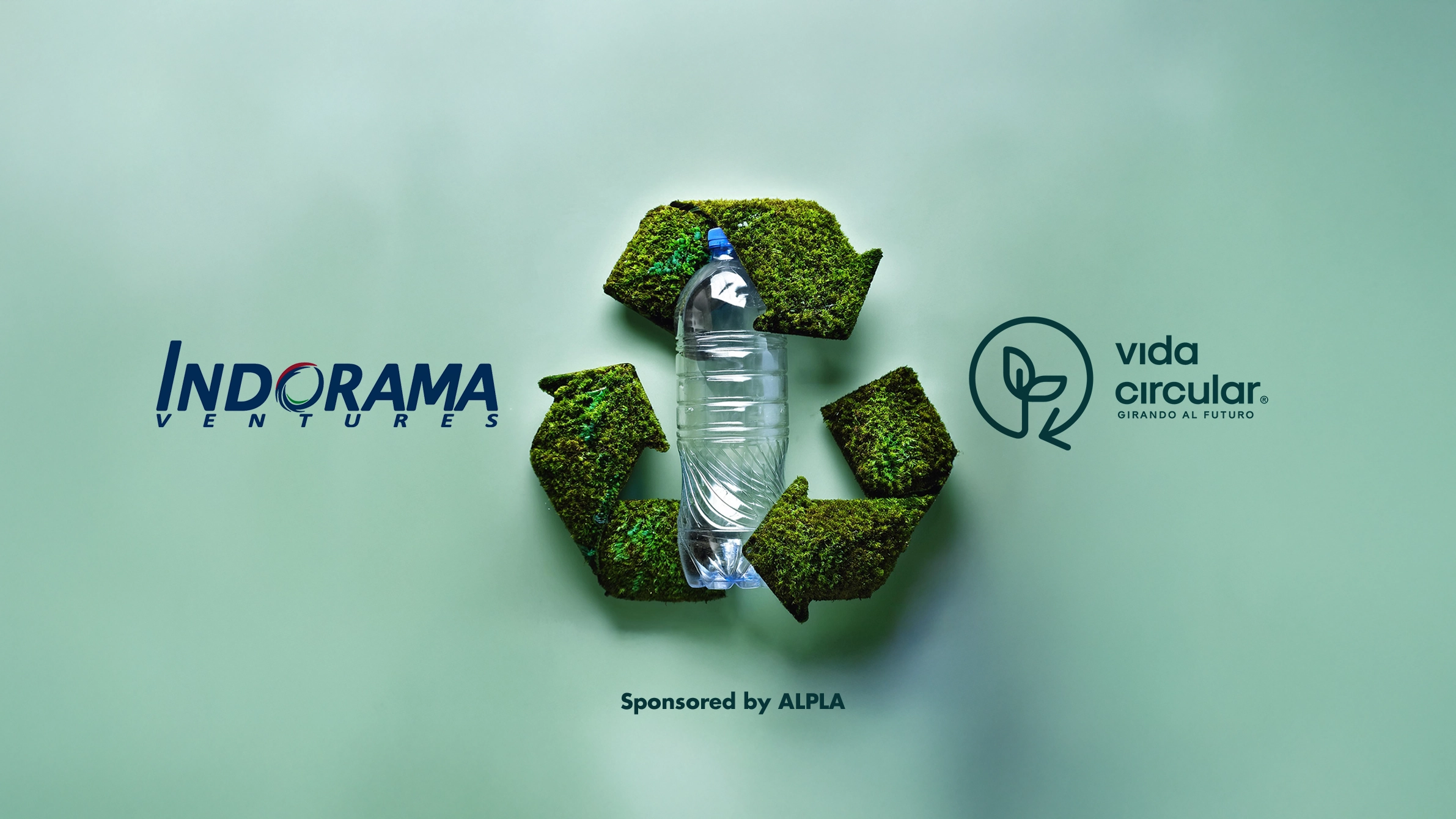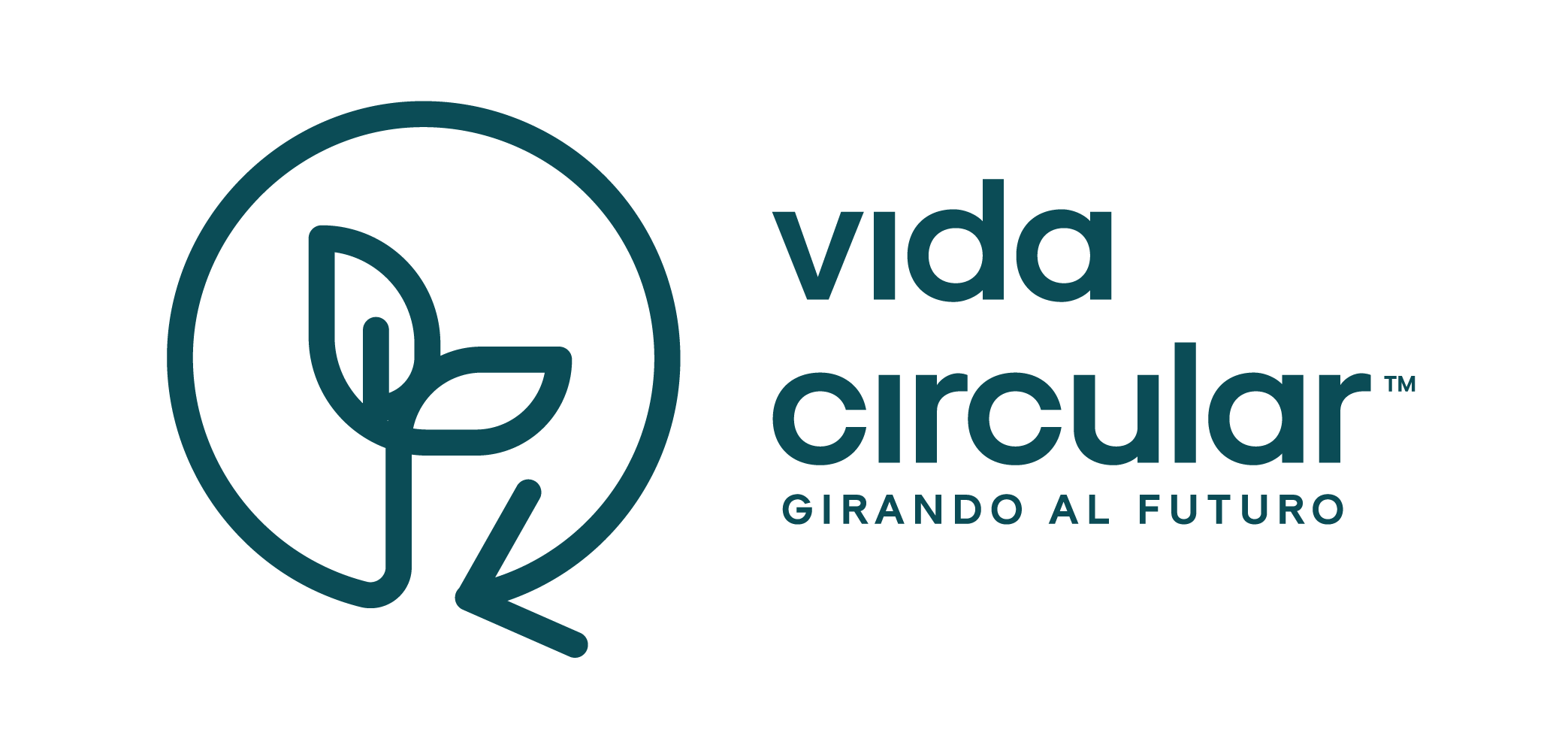
Indorama Ventures and Vida Circular promote a more sustainable Mexico through education
Together with Indorama Ventures, we are working to promote PET recycling and reduce our carbon footprint through technology and educational initiatives. In an important step towards sustainability, Indorama Ventures, a world leader in sustainable chemistry, announced its partnership with us, Vida Circular, a platform focused on driving the circular economy and ensuring the proper disposal of waste in Mexico. Humberto Quiroz, Director of Procurement, Sustainability & Marketing at ALPLA and founding spokesperson for Vida Circular, commented that "this alliance supports the communication and education strategy on a fundamental issue in sustainability: circularity with PET resin, from its use in packaging to textile manufacturing. Indorama Ventures' extensive experience in sustainability, not only in Mexico but globally, is a benchmark in the industry, and we will be happy to deploy actions that generate greater awareness and knowledge among consumers." This agreement reflects our joint commitment to address environmental challenges through technological innovation and education.

Mary Carmen Rodríguez: Director of operations of Indorama Ventures' recycling plant.
Technology for a greener market
One of the key aspects of Indorama Ventures' strategy is the development of advanced technologies to produce recycled PET resin. At its Guadalajara plant, the company processes some 66,000 tons of post-consumer PET each year. This plant, which is part of a global network of more than 20 recycling facilities, has a significant impact by preventing 1,000 tons of plastic waste from ending up in landfills, streets or oceans every week.
"Our business model is aligned with reducing our carbon footprint and offering viable alternatives to 100% new materials," said Mary Carmen Rodríguez. The technology used in Guadalajara also improves process efficiency, helping to reduce water consumption, emissions and noise.
Education is the key to cultural change
The partnership also stands out for its focus on education, considered the first step towards a profound cultural change. Indorama Ventures has shared the Waste Hero program, created by the Yunus Foundation, with the aim of teaching children and adults about recycling and the circular economy. In Mexico, the program collaborates with institutions such as CECyTE Jalisco and Hogar Cabañas, adapting the contents to different ages and educational levels. "We are forming a more conscious generation that understands its individual responsibility in preserving the environment," explained the director.
With the goal of educating one million consumers by 2030, the program also offers training for educators and hands-on activities that facilitate more interactive learning. This initiative is aligned with the mission of Circular Living, which seeks to generate a positive impact through education and information dissemination.

Humberto Quiroz Castillón: Founding Spokesperson of Vida Circular and Director of Procurement, Sustainability and Marketing at ALPLA.
A path to a sustainable future
The partnership between Indorama Ventures and Vida Circular sets an example for other industries to follow by effectively integrating innovation, education and strategic collaboration. In a world where sustainability is no longer just an option, but an urgent necessity, initiatives like this have the potential to transform the way companies address environmental challenges. By joining forces, the two organizations are not only seeking technological solutions to improve recycling and the circular economy, but also to create a culture of awareness and action in society.
This model goes beyond simply implementing new technologies; it is a holistic approach that engages consumers, educators and businesses in the process of change. As sustainability becomes a central theme across all sectors, initiatives like this could be the catalyst for other organizations to take the same path and work together for a greener future. For future generations, these efforts can make a big difference, driving a cultural shift towards a more responsible and resource-conscious environment.




